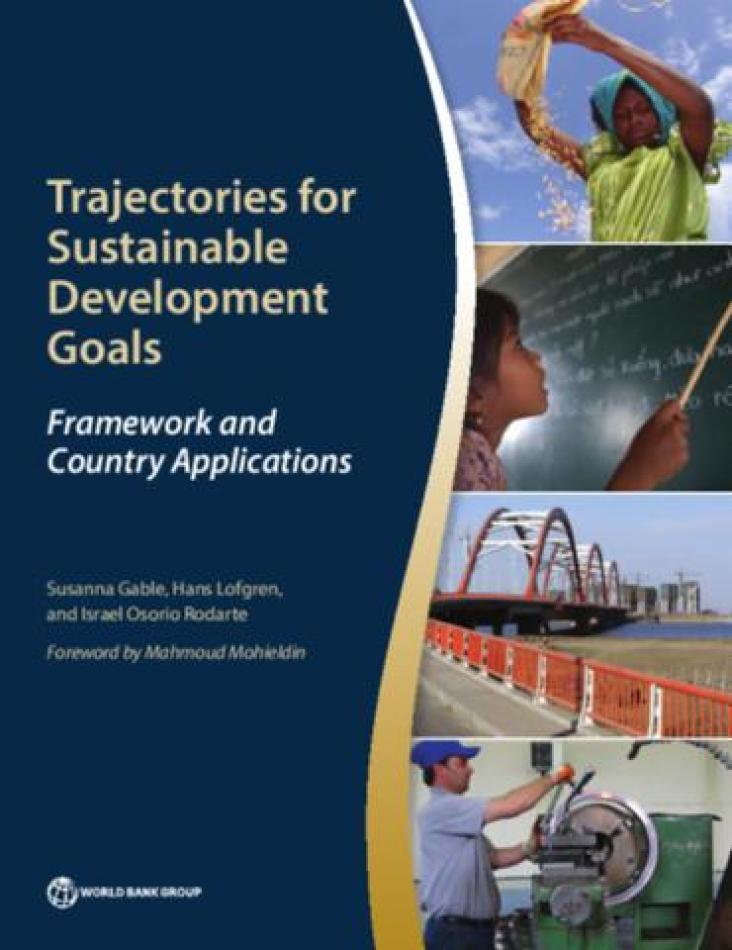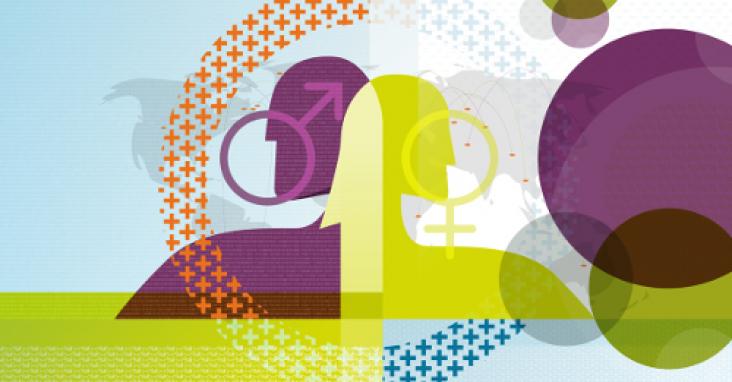In de Souza E Souza v Primark Stores Ltd, the employment tribunal awarded £47,433 to a transgender employee who suffered harassment and recommended that the employer adopt a written policy on how to deal with new and existing staff who are transgender or who wish to undergo gender reassignment. This advances goal 8 (decent work and economic growth), goal 10 (reduced inequalities) and goal 16 (peace, justice and strong institutions).
In Guisado v Bankia SA and others, the European Court of Justice (ECJ) held that there is nothing in EU law to prevent a pregnant worker from being included in collective redundancies. This sets out legal implications for pregnant workers and aligns with goal 5.
Furthering goal 5, this report examines the aggregate results of companies using the Women's Empowerment Principles Gender Gap Analysis Tool (WEPs Tool) with the aim of providing insight into global corporate performance on gender equality and women's empowerment aligned with the WEPs. The study also demonstrates the value of using the WEPs Tool and showcases the efforts of partners and other stakeholders to drive gender equality around the world.

How to feed a population of 9bn in 2050? This was the question posed which provided the impetus for Elsevier to launch the bi-annual International Conference on Global Food Security Conference in 2013. Now in its 3rd year this highly regarded, research-led conference is focusing on five core conference themes to reflect an integrated approach to identifying solutions to the complex global challenge of food security: 1. Food creation 2. Food safety and bio security 3. Food loss and waste 4. Food in a changing society 5. Food utilization. Achieving global food security whilst reconciling demands on the environment is the greatest challenge faced by mankind. This directly supports SDG 2: to end hunger, achieve food security and improved nutrition and promote sustainable agriculture.
The First 100 Years is a ground-breaking history project charting the journey of women in law since 1919. The project’s vision is to ensure a strong and equal future for all women in the legal profession through a deep understanding of the past combined with a celebration of today. It therefore supports SDG 5 with a focus on target 5 concerned with women in leadership positions. This video interview with Lady Hale, the first female President of the Supreme Court, gives a personal account of her being the ‘first’ many times over and the role of women in the legal profession.

This article is taken from the series "The View From Here", in which farming women from around the world give an insight into rural life. From the challenges of making an income to support the family and local economy to dealing with extreme weather and untamed lands, these women give their unique perspective on working in a male-dominated industry. It helps to highlight the importance of SDG 5, Gender equality.

This book presents the country development diagnostics post-2015 framework, developed by the World Bank Group to assess the country-level implications of the post-2015 global agenda, as well as brief, ‘at-a-glance’ applications of the framework to ten countries: Ethiopia, Jamaica, the Kyrgyz Republic, Liberia, Nigeria, Pakistan, Peru, the Philippines, Senegal, and Uganda.

To support the launch of Elsevier's groundbreaking report Gender in the Global Research Landscape, it has created a resource center as a source of information for researchers, research leaders, policymakers and anyone else interested in gender diversity and its impact on science and society. Through this work, Elsevier is committed to SDG 5 to advance gender equality.
To advance Goal 5, this webinar highlights the need for businesses to create economic opportunities for young women around the world.
Including gender in scientific research will maximise the impact of that research. SciDev’s new online course is designed to help students understand why gender is such an important component of research. It also explores the implications for science and global policy agendas, including the climate change agreements and the UN Sustainable Development Goals. This course explores the importance of gender (SDG 5) in science and research (SDG 4).
